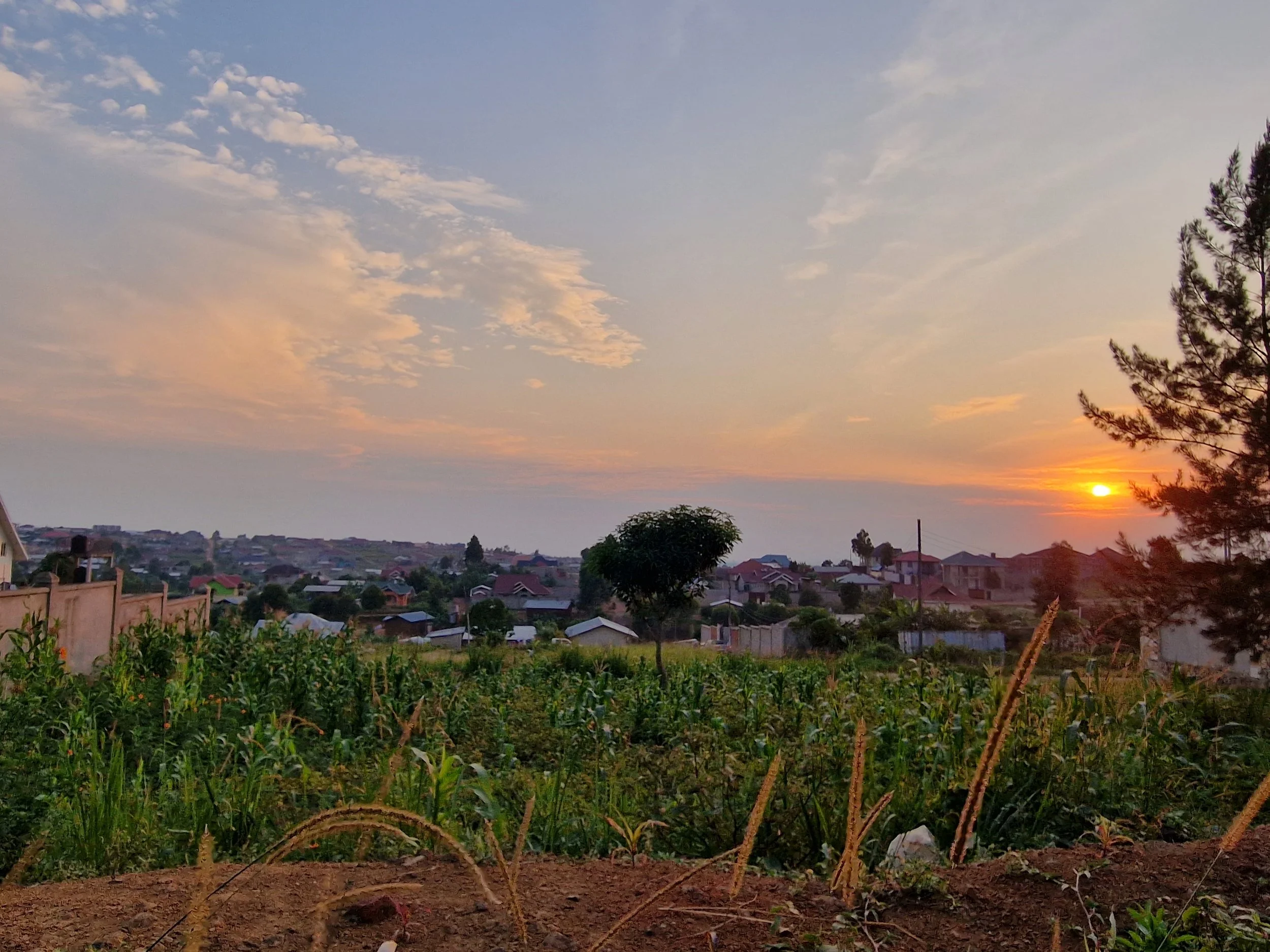Bambuti Lives
“If the forest dies, we will die too, because we are the people of the forest.”
File:Rainforest - Ituri (20874628148).jpg by MONUSCO
Photos is licensed under CC BY-SA 2.0.
Scarborough and the Congo
It might seem unusual for a museum service in the UK to be working with a non-governmental organisation (NGO) in the Congo to provide active support for an indigenous group of people living in Ituri province. However, for us, it is about giving something back.
We are not responsible for the exploitative practices that occurred in our colonial past, but we are accountable. James Harrison profited financially from the exploitation of the Bambuti when he brought six people to England in 1905 and put them ‘on show’ in theatres across the UK. Scarborough Museums has ‘profited’ (not financially) from Harrison’s activities through the Congolese artefacts we now hold in our collection that came to us after his death.
We have also profited as an organisation from the learning we have gained through From Local to Global. Finding meaningful ways to provide some redress for this, to benefit people who were formerly colonised is an important part of the project. Supporting the activities of Centre Resolution Conflits (CRC Congo), an NGO that is working towards peace in the Congo, is the first step. Investing in the Bambuti people to enable them to participate in discussions about how their lives can be improved, is an important next step. We believe this is one way to provide reparation.
Who is involved
Our project lead on Bambuti Lives, Furaha Mussanzi, has been working with our citizen researchers to investigate some of the complex challenges faced by the Bambuti people in the DRC. This includes looking at the wider social, economic, cultural and environmental problems that impact on their lives. As the most discriminated against group of people in the Congo, the Bambuti have no political representation at local or national level and are widely misunderstood by the majority population. This means they have limited opportunities to voice their concerns – speak truth to power – or gain agency over their own lives.
Through the work undertaken by CRC Congo, Bambuti Lives hopes to provide detailed information about the current situation of the Bambuti people. This report has been compiled by field workers talking to a group of Bambuti people, paying particular attention to the needs of women and girls. We want this report to be shared widely to improve international advocacy for the Bambuti. If you know of anyone who would be interested in this work, please share the report.
Furaha will be writing several articles about the work she has been involved with, presenting stories of the Bambuti and her own reflections. We will also include articles and opinion pieces by Citizen Researchers on their findings.
About Furaha
Furaha Mussanzi is a community activist and storyteller passionate about social justice, grassroots change and using creative means to promote peace. Having grown up in war-torn Democratic Republic of Congo, she and her family migrated and settled in Bradford 20 years ago as a refugees. She studied Interior Design for her undergrad in Liverpool, interned as a community organiser before embarking on a Master’s degree in African Peace and Conflict studies from the University of Bradford. Furaha then spent 6 years managing the Millside Centre, a small community centre located in inner city Bradford, running inclusive and holistic services to support some of the most vulnerable people including asylum seekers and refugees, domestic abuse victims and people struggling with homelessness, to name a few.
Furaha is the current associate CRC-SMG Project Officer, working to liaise with the team in Congo to gather stories, reports, audio and images to continue telling the stories of the bambuti people through blog posts on our website and social media platforms; with hopes to continue raising the profile of the FLTG project wider.




